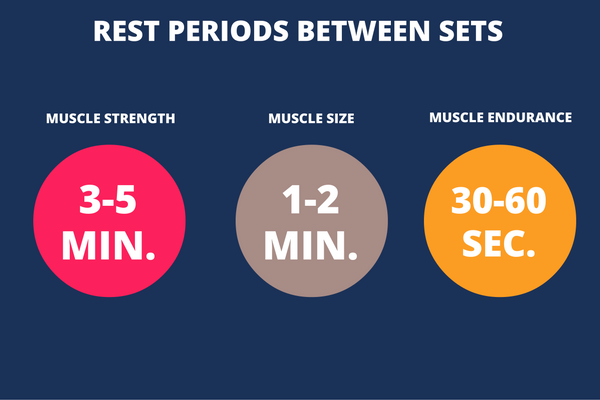
WHILE THE REST OF THE WORLD FRETS OVER LOSING WEIGHT, YOU'RE JUST TRYING TO GAIN SOME...
It starts with a simple equation....
Maintenance Calories + Extra Calories = Weight GainFind your maintenance calories...
Your maintenance calories are how many calories you need to eat every day to maintain your current weight. You can easily find your maintenance calories by using a macro calculator. However, to satisfy any curiosity, your maintenance calories are calculated based on your biological gender, height, age, and daily activity. All of those variables affect how much energy your body expends every day. Therefore a maintenance calorie goal is simply how much energy your body needs to perform optimally.
It wasn't until writing this post that I realized the significance of the maintenance calorie. Once you get a good handle on weight management, you'll begin to understand that maintenance is the state of which all things fitness related orbit. However, that's enough for an entire post by itself, and I'm going to refrain from going off on a Zen tangent. For now, just remember that weight management at its core is eating at, above, or below your maintenance calories or how much energy your body requires. If you eat more than your body needs then you gain weight, if you eat fewer calories than it needs, then you lose weight. Capeesh?
Your proper amount of extra calories gets tricky...
This piece of the formula may require adjustments because you don't want to eat too many calories or too little. If you eat too many extra calories, your weight gain goal can spin out of control. If you eat too few extra calories, your weight gain progress will proceed too slowly if at all. That said, try to tackle this part of the equation with a two-step process.
#1 Decide how many pounds you'd like to gain per week.
Slow progress is safe progress. Therefore you should strive to increase your weight no more than .25-.5lbs each week.
#2 Calculate how many extra calories you need to eat to achieve your weekly weight gain goal. Then divide that number by 7. That is your daily extra calories goal. Lastly, add that amount to your daily maintenance calorie goal. You can reference this quick graphic below for help.

High-calorie healthy foods....
To help you along, incorporate some high-calorie healthy foods into your diet. A weight gain goal isn't an all-access pass to engorge yourself on In and Out Burger. Instead experiment with adding peanut butter, avocado, olive oils, etc. to your meals. Homemade and even store bought shakes can be both delicious and fun to try out. Here are some high-calorie healthy food ideas for you.
#1 Oils; Olive Oil, Safflower Oil, Flaxseed Oil
#2 Nuts; Pecan, Walnuts, Pistachios, Chia Seeds
#3 Avocados
#4 Peanut Butter
Check your weight gain progress...
At this point you've put the plan into action and it's time to track your success. Now, I'm about to advise you to do something I almost never do. I'm going to tell you to step on a scale periodically. Generally I try to steer ladies away from the scale because it doesn't offer much insight into what the content of your weight is. However, in this instance, your goal is straight forward. You want to increase regardless of the mass. Therefore, a scale is a good enough tool to assess your progress.
Be as consistent as possible. Set a reminder to weigh yourself every week at the same time and under the same conditions. Track to make sure you're gaining weight at the pace you've set whether that's .25lbs per week or .5lbs per week. Finally, don't panic if you're not getting the results you expected.
Make adjustments where necessary...
This is the point where the real work sets in because up until now all you've ideally needed to do was eat extra calories and watch the scale go up. However, most times weight management is not that simple. This process can take some tinkering. Adjust your calories up or down according to your progress. For example, if you're aiming to gain .5lbs per week but are barely gaining anything at all, add one hundred calories to your daily goal. Likewise, you can experiment with subtracting the same one hundred calories if you're gaining weight too quickly. The necessary modifications go back to my point about this process being tricky; it's not an exact science at all. However, if you heed my tips you will have a healthy grasp of your goal and will be well on your way to achieving it.
